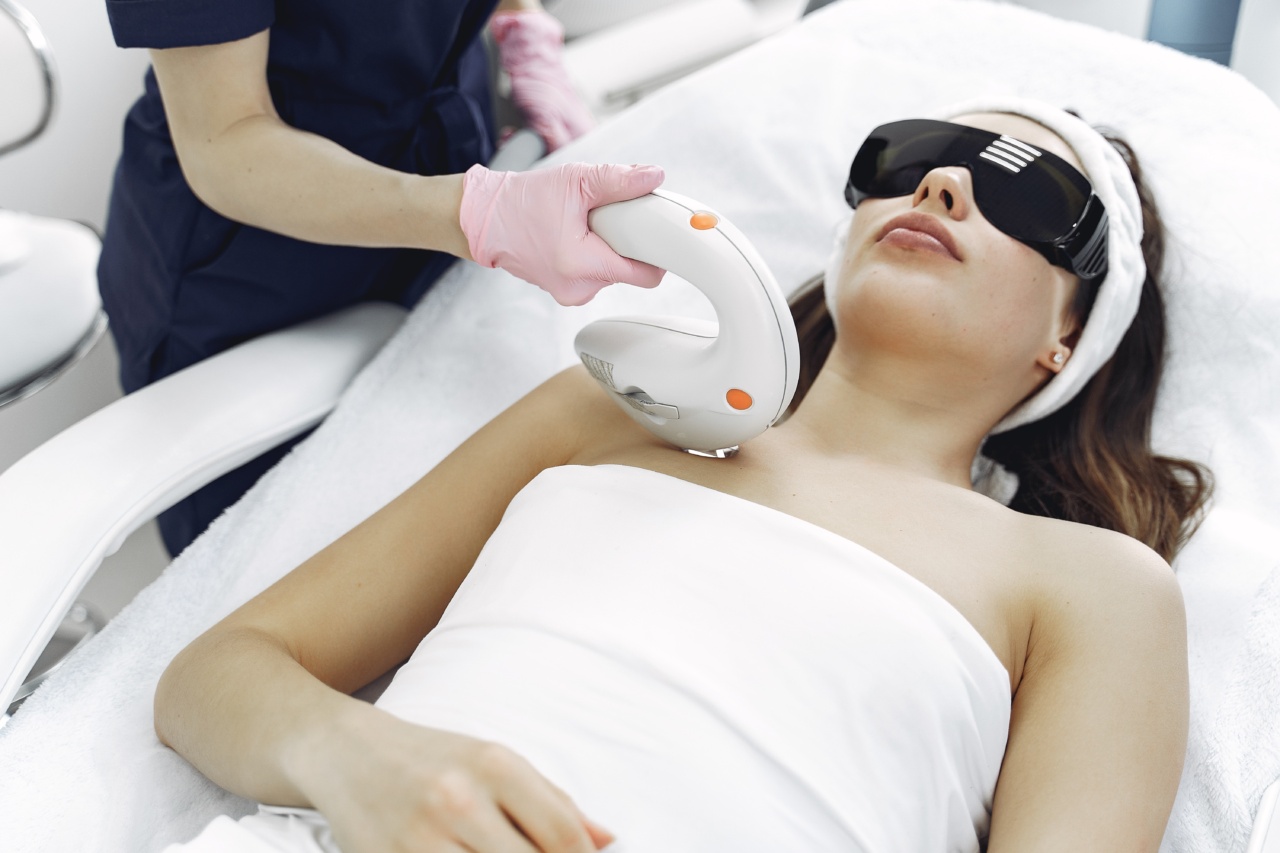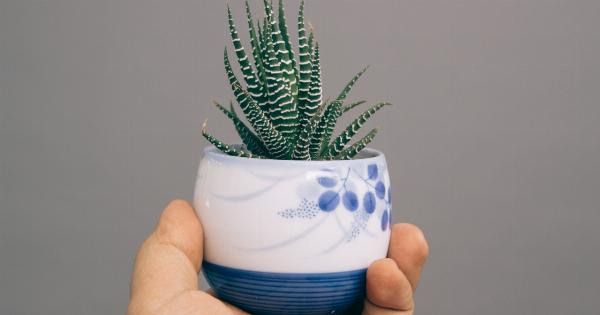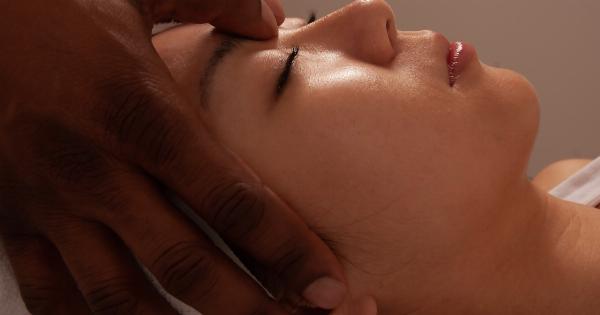Summer is here, and it’s time to enjoy the sunshine, but for many people, spider veins and sunburn are a painful reality.
If you’re struggling with spider veins or sunburn, you may be interested in a revolutionary new therapy that uses the latest ND Yang laser technology to target and treat these conditions quickly and effectively.
What Are Spider Veins?
Spider veins are small, twisted veins that appear just below the skin’s surface, usually on the legs or face. They’re often blue, red, or purple and can be unsightly and uncomfortable.
Spider veins are common in women and can be caused by a variety of factors, including genetics, pregnancy, and hormonal changes.
How Does Advanced ND Yang Laser Therapy Work?
The ND Yang laser is a powerful tool for treating spider veins and sunburn. It works by emitting a beam of light that heats and destroys the targeted blood vessels without harming the surrounding tissue.
The laser is tuned to a specific wavelength of light that is absorbed by the pigment in the blood vessels, causing them to collapse and disappear over time.
What Are the Advantages of ND Yang Laser Therapy?
There are many advantages to using ND Yang laser therapy for spider veins and sunburn. Firstly, it’s non-invasive, which means it doesn’t require surgery or injections. This makes it less painful and risky than other treatments.
Secondly, it’s quick and easy to perform, and you can return to your normal activities immediately after treatment. Lastly, it’s highly effective, with most patients seeing a significant improvement in the appearance of their spider veins or sunburn after just one treatment.
Is ND Yang Laser Therapy Safe?
Yes, ND Yang laser therapy is safe when performed by a qualified medical professional. The laser is FDA-approved and has been used successfully to treat a range of skin conditions for many years.
During your treatment, your provider will take care to protect your eyes and other sensitive areas from the laser light.
What Should I Expect During Treatment?
Before your treatment, your provider will numb the area to be treated with a local anesthetic cream. The laser is then passed over the skin, targeting the spider veins or sunburn.
You may feel some mild discomfort or a sensation of heat during the treatment, but most patients find it easily tolerable.
How Many Treatments Will I Need?
The number of treatments required depends on the severity of your spider veins or sunburn. Most patients see a significant improvement after just one treatment, but multiple treatments may be necessary for best results.
Your provider will be able to advise you on the number of treatments needed for your specific condition.
What Is the Recovery Time?
There is no downtime after ND Yang laser therapy, and you can resume your normal activities immediately after treatment. You may experience some mild redness or swelling in the treated area, but this should subside within a few hours.
Is ND Yang Laser Therapy Right for Me?
If you’re struggling with spider veins or sunburn and are looking for a non-invasive, highly effective treatment, ND Yang laser therapy may be right for you. The treatment is safe, quick, and produces long-lasting results.
Where Can I Find ND Yang Laser Therapy?
ND Yang laser therapy is available from qualified medical professionals who specialize in skin treatments. To find a provider in your area, speak to your dermatologist or search online for local providers.


























